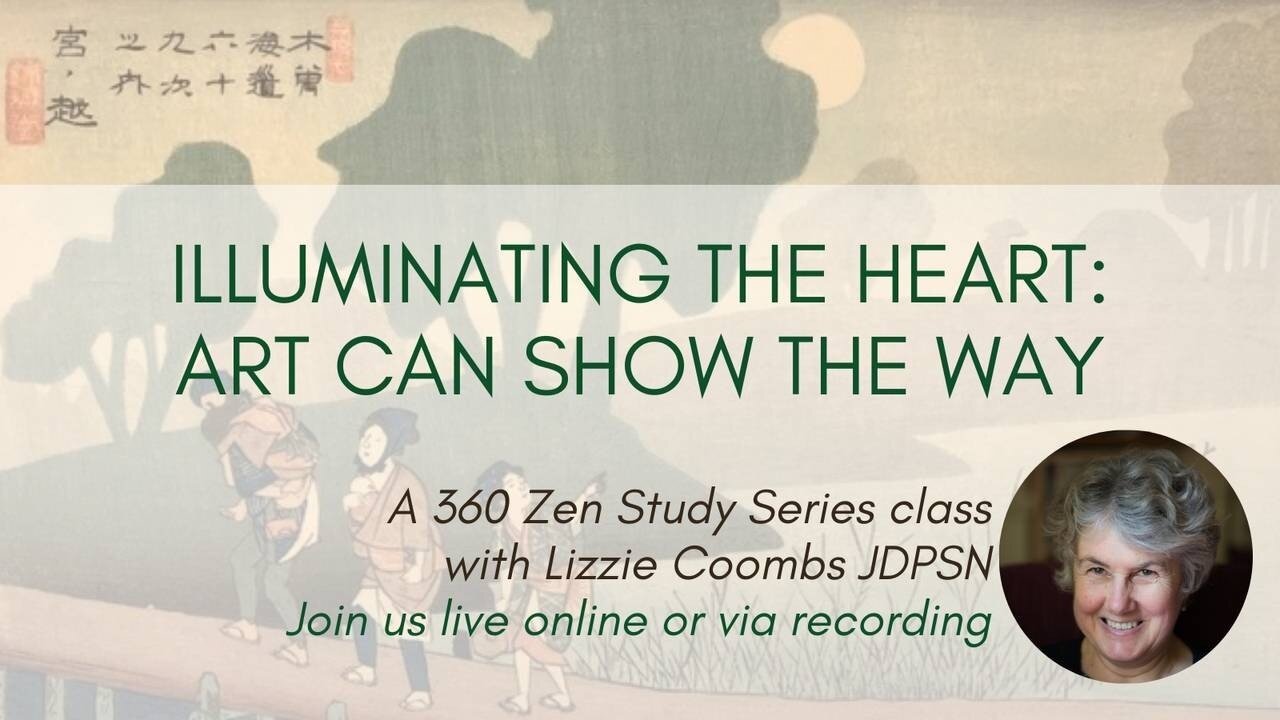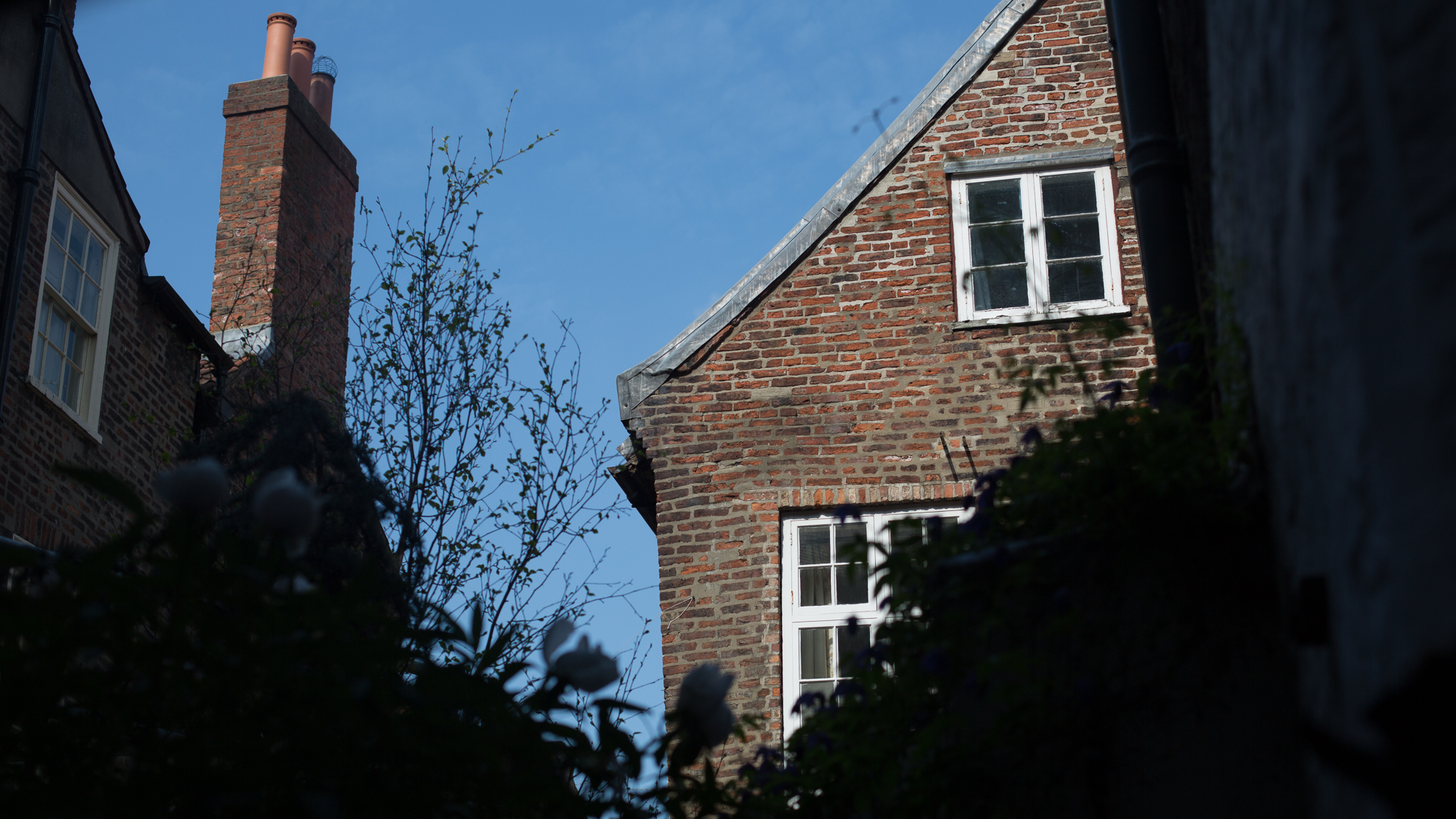Cultivate Only Don’t Know
/Here’s an old Taoist story. An old farmer had worked his crops for many years. One day his horse ran away. Upon hearing the news, his neighbours came to visit. “Such bad luck,” they said sympathetically. “Maybe,” the farmer replied.
The next morning the horse returned, bringing with it three other wild horses. “How wonderful”, the neighbours exclaimed. “Maybe,” replied the old man.
The following day, his son tried to ride one of the untamed horses, was thrown, and broke his leg. The neighbours again came to offer their sympathy for his misfortune. “Maybe,” answered the farmer.
The day after, military officers came to the village to draft young men into the army. Seeing that the son’s leg was broken, they passed him by. The neighbours congratulated the farmer on how well things had turned out. “Maybe,” said the farmer.
One of the Temple Rules of the Kwan Um School of Zen - On Keeping the Bodhi (enlightened) Mind - instructs us thus: “Let go of your small self and become your true self. In original nature there is no this and that. The Great Round Mirror has no likes or dislikes.” In the story the farmer keeps just such a mirror-like mind. He reflects only the truth of each situation, whereas his neighbours hasten to make a story of good and bad from each incident.
It’s easier to see in this story that to keep chasing after what seem to be good outcomes is delusion, whereas to keep an unmoving mind and cultivate equanimity allows one to be with things as they actually are. We can manage this in our own life by developing a meditation practice. Cultivate Don’t Know, which means not having to reflexively condition our experiences by making them into stories, and see where it leads.
Photo by Lucia Macedo. Unsplash.



